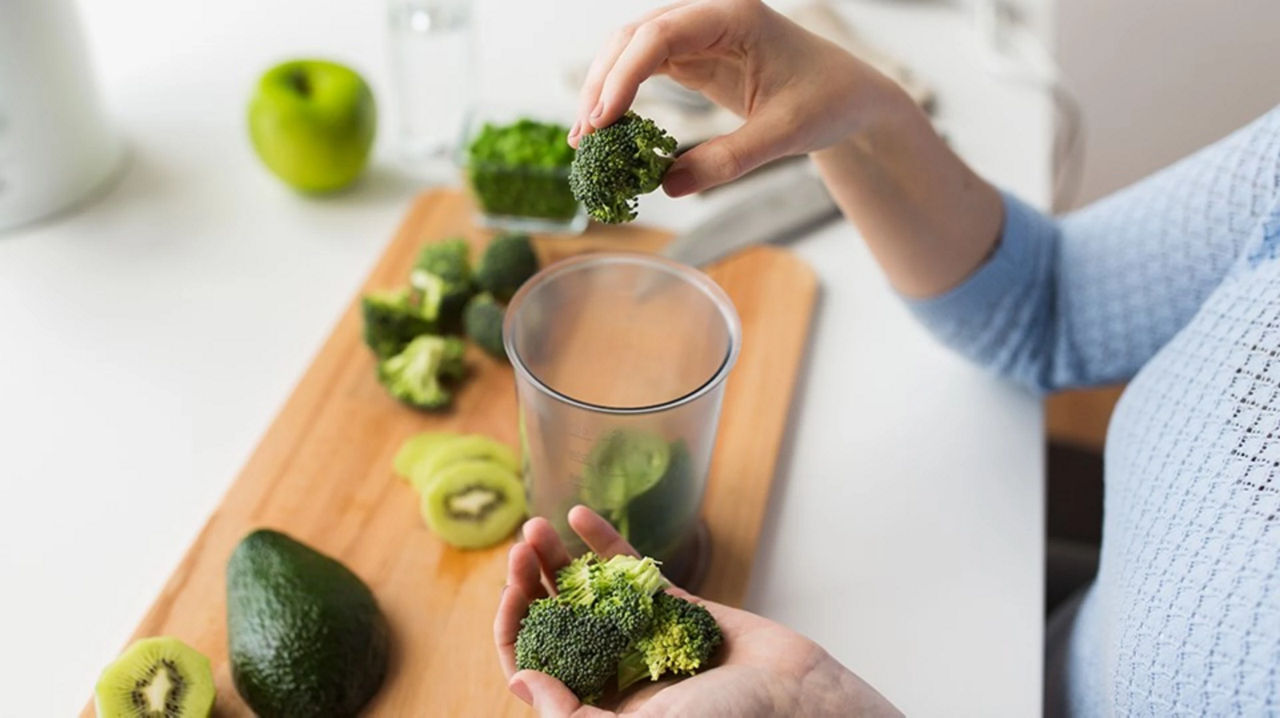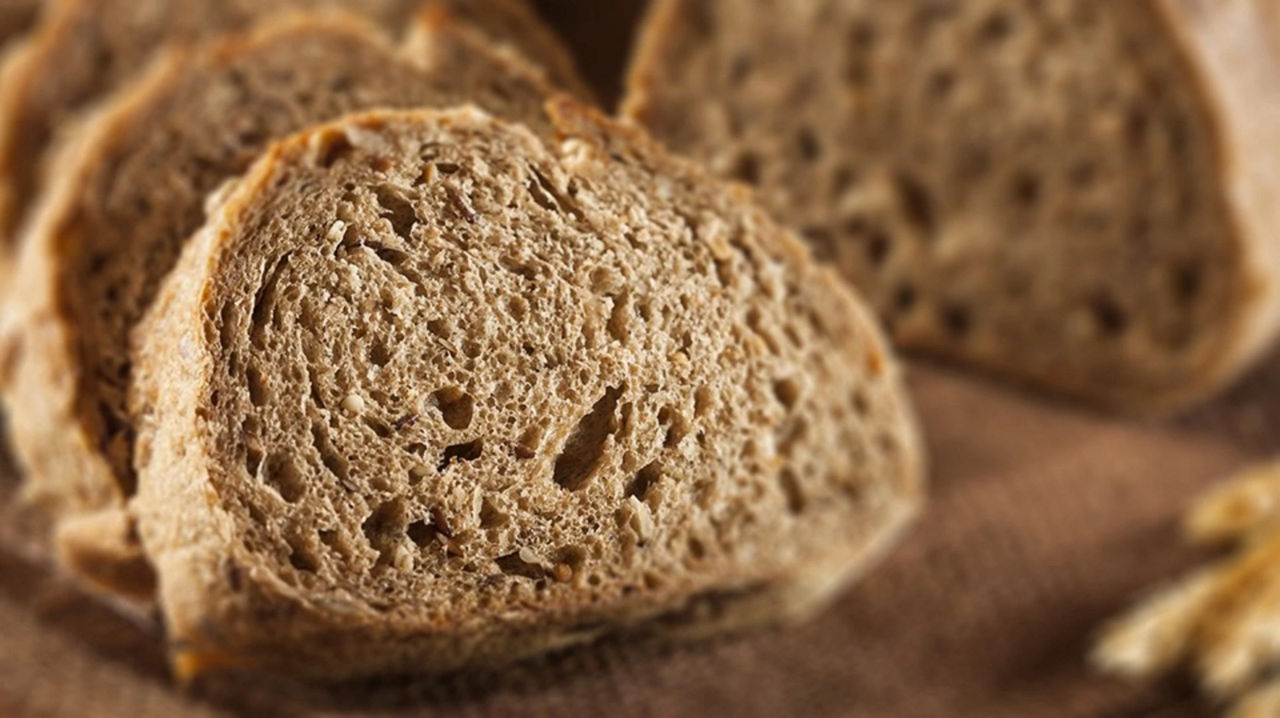Your toddler’s development continues at a rapid pace between their second and third birthdays. They are learning about themselves and their relationships to others and the world around them, while becoming much more physically able and confident.
By the time your toddler is 2 years old, you’ll probably be able to tell whether they are right- or left-handed. Their preference will have been decided when they were in the womb, but it can take a while to spot, as children generally use both hands equally as babies. Left-handedness is relatively uncommon, with only 7–10% of the adult population being left-handed.
Whichever hand your toddler prefers, they'll often use their dominant side to scribble, kick a ball and feed themselves. They may even be able to use their preferred hand to brush their teeth – with a little help.
Sometime between 2 and 3 years old, you may notice signs that your toddler is developing the skills and bladder control needed to use the potty. If they can tell you when they’ve got a wet or dirty nappy and start showing interest in the toilet, you may want to give it a try.







